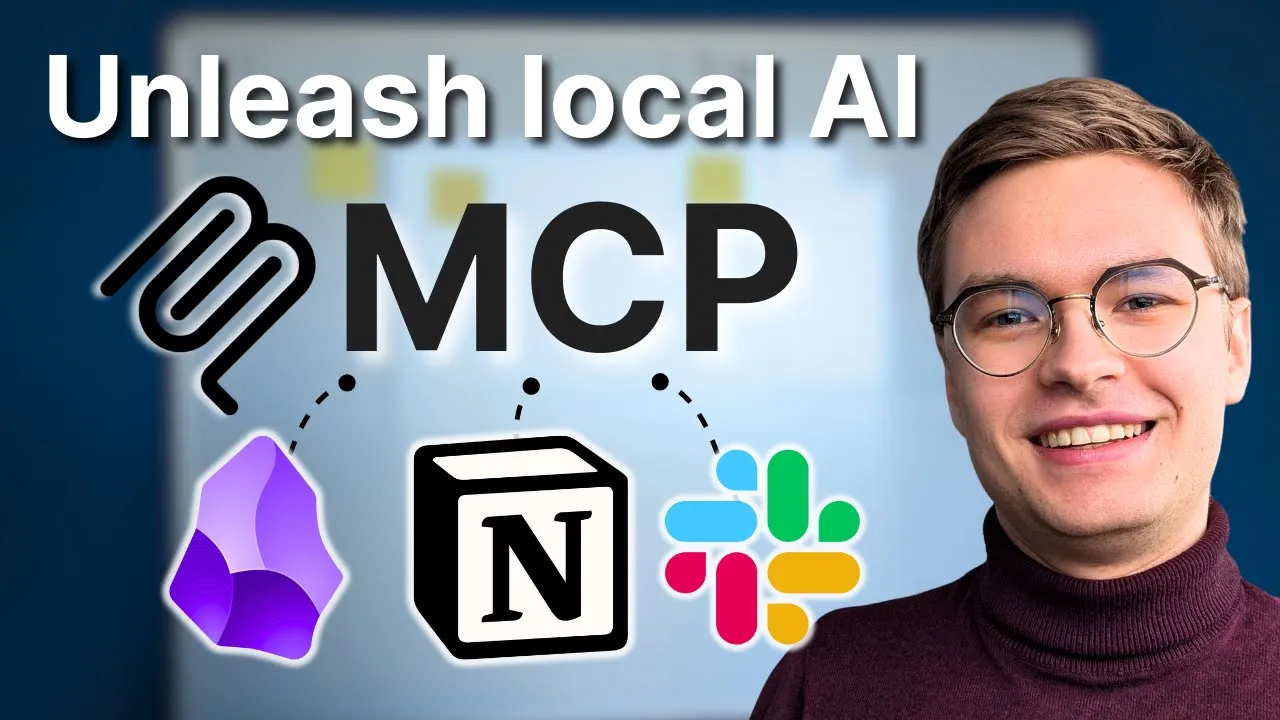The Future of Private AI
As artificial intelligence becomes increasingly integrated into our digital lives, a fundamental tension has emerged between the capabilities of AI systems and the privacy of the data they process. Cloud-based AI services offer impressive functionality but often require sending sensitive data to third-party servers. Local AI models preserve privacy but have traditionally been limited in their capabilities. This dilemma represents one of the most significant challenges in modern AI development.
The Privacy-Connectivity Paradox
The traditional approach to AI deployment presents what we might call the “privacy-connectivity paradox”:
- Cloud-based AI services offer powerful capabilities but require data sharing
- Local AI models keep data private but lack connectivity to external services
- Increased functionality often comes at the cost of reduced privacy
- Strong privacy protection typically results in limited capabilities
This paradox has forced users to make difficult tradeoffs between functionality and data sovereignty, with no clear middle ground available.
Local Model Hosting as a Foundation
The emergence of efficient, locally-hostable AI models represents the first pillar in resolving this paradox. Recent advances have made it possible to run surprisingly capable language models on consumer hardware, with several important advantages:
- Complete data sovereignty with no information leaving your device
- Elimination of subscription costs for AI services
- Consistent performance regardless of internet connectivity
- Freedom from unexpected changes to cloud service terms or capabilities
These locally hosted models provide a strong foundation for privacy-preserving AI. However, they still face significant limitations in their ability to interact with external information and services.
Bridging the Gap with Protocol-Based Integration
This is where protocol-based approaches like Model Context Protocol (MCP) become transformative. MCP creates a standardized way for locally-hosted AI models to interact with external services while maintaining strict control over what information is shared. For developers interested in running AI models locally, these protocols represent a crucial advancement in maintaining both functionality and privacy.
The protocol works by:
- Allowing the AI model to remain completely local
- Enabling controlled connections to specific external services
- Providing a standardized interface for tools and services
- Maintaining granular control over data sharing
This approach effectively breaks the privacy-connectivity paradox by allowing AI systems to be both private and connected.
Strategic Approaches to Data Sovereignty
Building AI systems with this approach requires strategic thinking about data flows. Rather than an all-or-nothing approach to privacy, MCP enables more nuanced strategies:
- Keep sensitive data completely local while allowing the AI to reference it
- Share only specific, non-sensitive information with external services
- Maintain complete control over which external services are accessible
- Create clear boundaries between private and shared information domains
This granular approach allows organizations and individuals to precisely calibrate their balance between functionality and privacy protection.
The Composable AI Ecosystem
As protocol-based AI integration becomes more widespread, we can envision a more modular, composable AI ecosystem where:
- Local models handle sensitive processing and reasoning
- Specialized external services provide domain-specific capabilities
- Standard protocols enable seamless communication between components
- Users maintain control over their entire AI stack
This ecosystem approach supports both privacy and innovation by creating clear interfaces between components while allowing each component to evolve independently. Understanding how to build production-ready AI applications becomes essential as we move toward these more complex, distributed AI architectures.
Beyond Technical Solutions
While protocols like MCP provide technical solutions to the privacy-connectivity challenge, their successful implementation depends on broader considerations:
- Organizational data governance policies that clearly define what can be shared
- User interfaces that make data-sharing boundaries transparent and understandable
- Community standards around privacy-preserving AI integration
- Educational resources that help users make informed choices
These human and organizational factors are equally important in creating AI systems that balance connection with privacy.
The Road Ahead
The future of private AI isn’t about isolation, it’s about controlled, intentional connection. By combining locally-hosted models with protocol-based integration, we can create AI systems that respect privacy without sacrificing functionality.
This approach promises to democratize access to AI capabilities while preserving the fundamental right to data privacy, creating a foundation for responsible AI deployment that serves human needs without compromising human values. As AI engineers develop these systems, having a strong foundation in AI system architecture becomes crucial for implementing privacy-preserving solutions effectively.
To see exactly how to implement these concepts in practice, watch the full video tutorial on YouTube. I walk through each step in detail and show you the technical aspects not covered in this post. If you’re interested in learning more about AI engineering, join the AI Engineering community where we share insights, resources, and support for your journey. Turn AI from a threat into your biggest career advantage!
